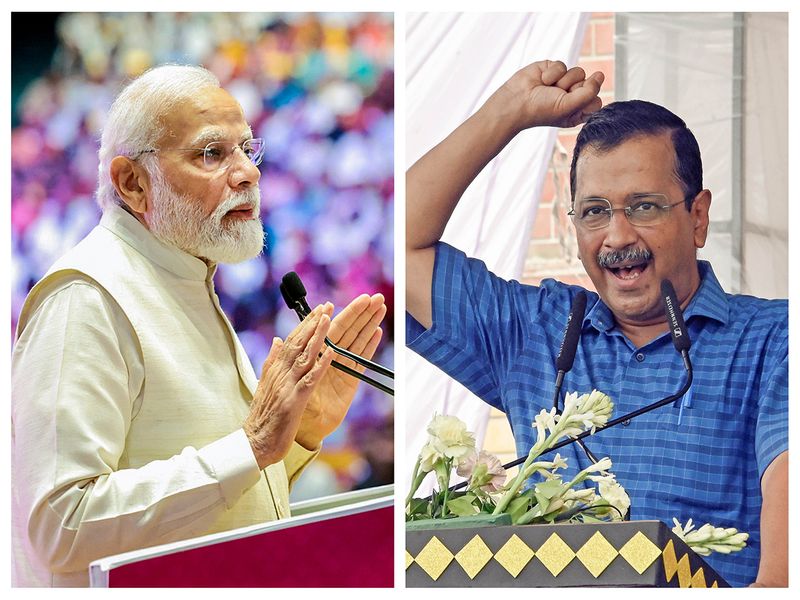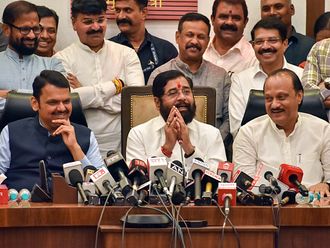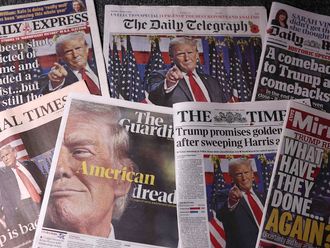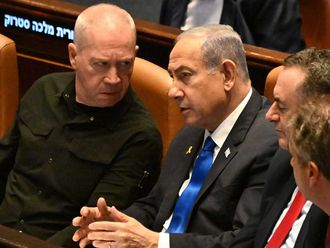In India, the Aam Aadmi Party (AAP) chief and Delhi Chief Minister Arvind Kejriwal’s summons by the Enforcement Directorate (ED) in the alleged liquor policy case marks a significant escalation in the Modi government’s face off with the opposition.
Kejriwal skipped the Nov. 2 summons citing his election campaign in the states going to the polls and called the ED summons “vague”, saying it appeared to be a “fishing and roving inquiry”. But the story is far from over.
At one level, the summons by the Enforcement Directorate to the Delhi Chief Minister hardly came as a surprise. For months now, the ED and another investigating agency, the CBI, have relentlessly gone after the AAP in the alleged liquor policy scam.
Delhi’s Deputy Chief Minister Manish Sisodia has been in jail since February when he was arrested in the case.
The Supreme Court just rejected his bail plea, in a baffling order where the judges went from saying there was no money trail and that the case would “fall flat in two minutes”, to denying the AAP leader bail, with the promise that the ED would finish the trial in the next 6 to 8 months.
Targetting AAP’s “clean” image
Another AAP leader, MP Sanjay Singh, is also under arrest in the same case. A third senior leader and former minister Satyendra Jain has spent several months in jail after his arrest in another money laundering case.
As I write this piece, yet another AAP minister in Delhi was being raided by the Enforcement Directorate in an alleged money laundering case. All of this has been used by the BJP to target AAP’s “clean” image. The party came to the forefront over a decade ago on an anti corruption plank on the back of activist Anna Hazare’s agitation against the then Manmohan Singh government.
The question then is — will these string of arrests and raids hurt the AAP electorally? One can argue that raids and arrests by the ED no longer make the impact they used to simply because it is only opposition politicians that are targeted.
And voters are not stupid. Data shows that 95 per cent of ED cases against political leaders in the last 10 years since the Modi government came to power, have been against opposition leaders. That can’t be a coincidence.
Miraculously, probes against those who join the BJP simply fade into oblivion. Nevertheless, denial of bail by higher courts, like in Manish Sisodia’s case before the Supreme Court, can hurt the AAP’s carefully constructed anti-graft image.

AAP’s future will be tested
All of this couldn’t have come at a worse time for the AAP, which has fielded candidates in the upcoming state elections in Rajasthan, Madhya Pradesh and Chhattisgarh. And then there is the general election which is barely 6 months away. The phenomenal rise of Kejriwal and the AAP in the last decade has been a source of much pain to both the BJP and the Congress.
The AAP’s expansion has come largely at the cost of the Congress, which was starkly visible in Delhi, where the Congress vote just shifted en masse to the AAP. While the BJP has swept the parliament polls in Delhi, the AAP has a strong hold over the Delhi assembly. It’s victory in Punjab only underlined the fear that the upstarts must be stopped now.
The ED’s moves against Kejriwal have underscored another major problem for AAP: who will lead the party if he is arrested? It means he could be out of action for several months if not longer.
Reports say top AAP leaders have gone into a huddle this week to figure out a plan B if indeed this happens. It cripples the party to have its senior most leaders behind bars at election time.
Perhaps that was always the objective, as the AAP alleges, to finish the AAP electorally. But what it really means for AAP’s future will be tested in the months ahead as people come out to vote.













